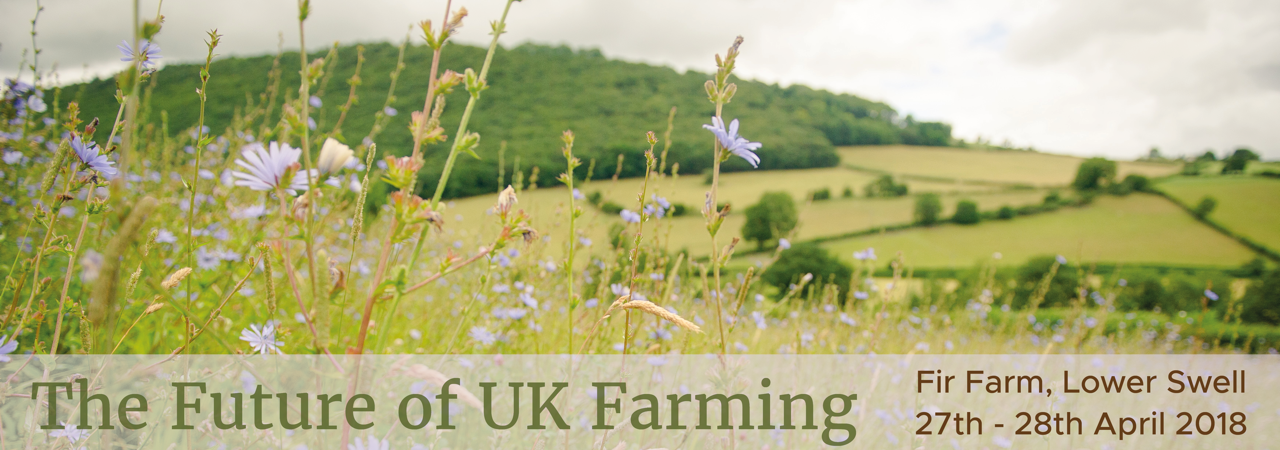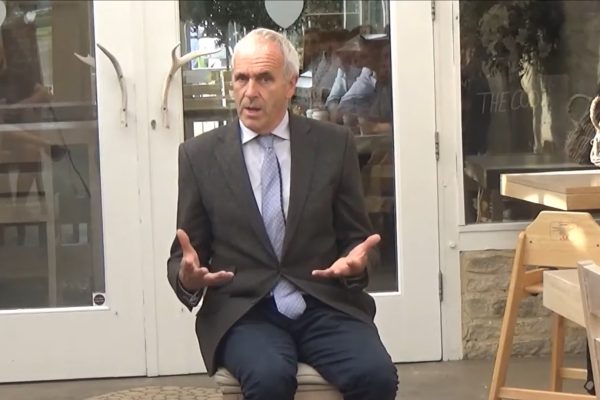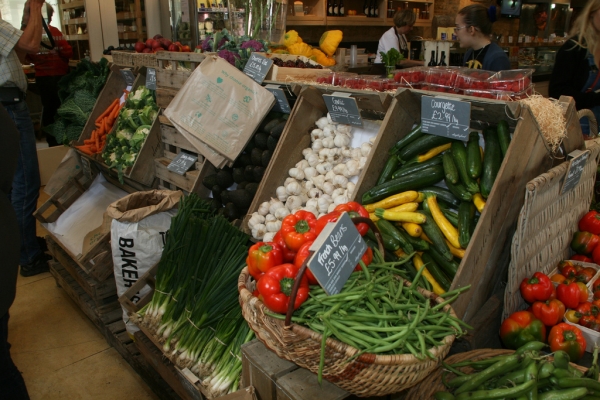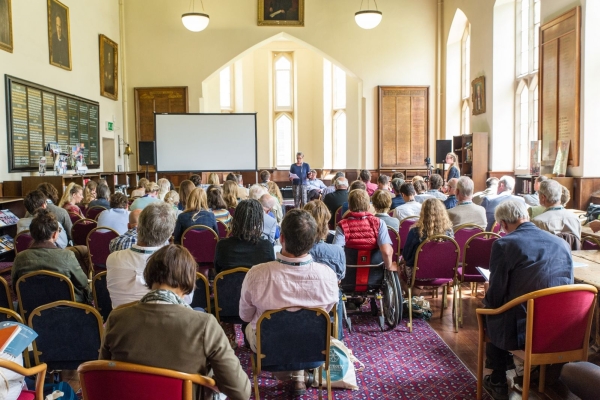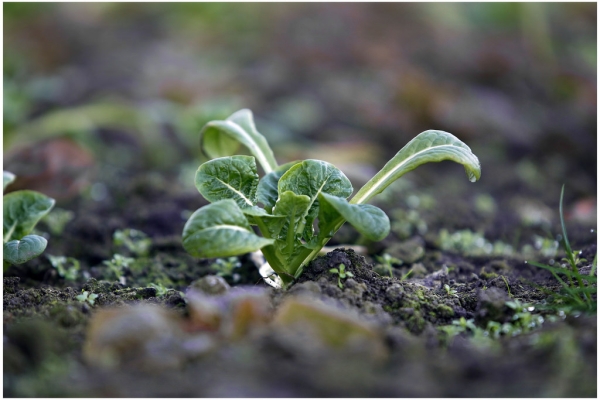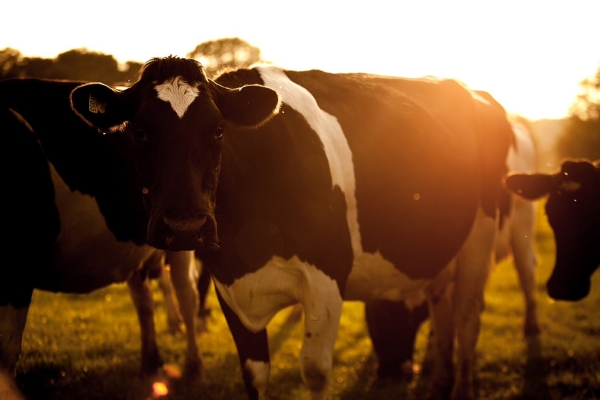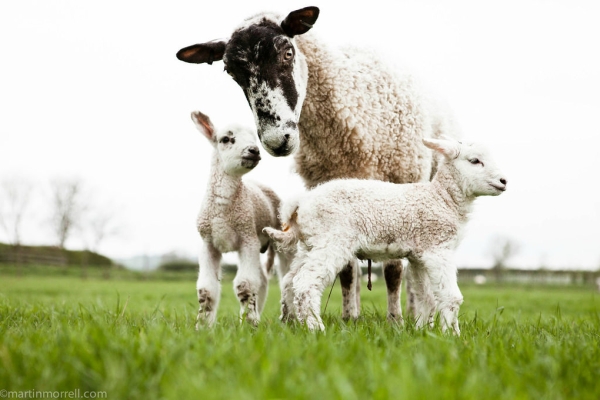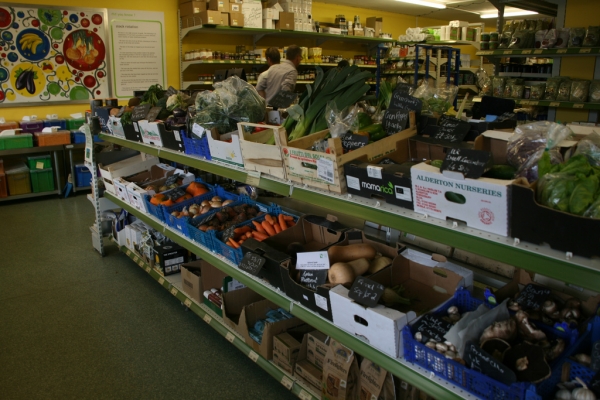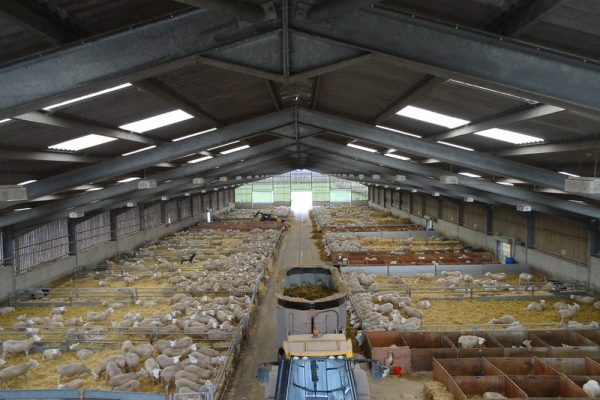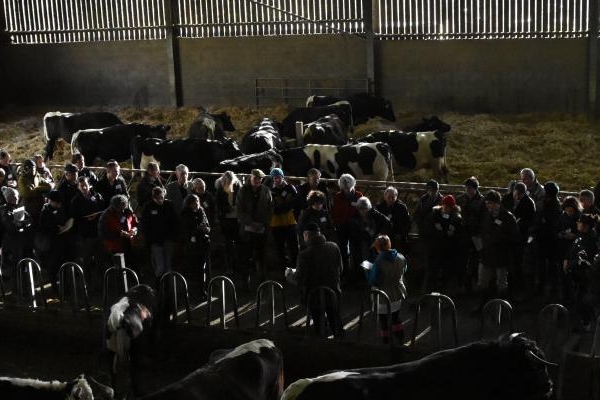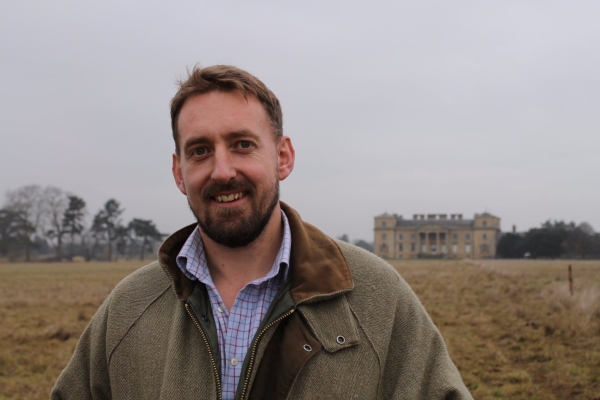Help shape the future of UK farming
With Brexit fast approaching, farmers across the UK are wondering what the future may bring. It is a time to rethink our food system, to ensure sustainable practices are properly supported and to consider how to re-localise food production, processing and consumption. The Future of UK Farming Conference, taking place on 27 and 28 April at Fir Farm in Gloucestershire will address these issues and give farmers a chance to engage in the debate on the future of the UK food system.
There has been a lot of talk about the concept of ‘public money for public goods’ and many farmers may be wondering what this will mean in practice. How will this affect their subsidies? How will ‘public goods’ be measured? What will farmers need to do to receive payments? These are the questions we will be addressing on the first day of the conference. With a keynote speech from Michael Gove to kick off discussions, we will be exploring the policies that government might employ in future.
But for these policies to work and for farmers to be fairly rewarded for the work they do, we first need a means of measuring sustainability. This is an issue the Sustainable Food Trust has been working on recently, commissioning a review of current on-farm sustainability assessment and tools and metrics, carrying out farm case studies and forming a working group of farmers to explore how we might bring about convergence in the various schemes currently being used.
The current process of field to fork involves multiple farm audits, overlapping certification schemes and a resulting mass consumer confusion about the best food to eat. A simplified system that provides regulators with the information they need as well as providing greater transparency in the market place, will not only make things easier for farmers but will also give consumers a clearer understanding of the food they are buying.
Alongside the policy and regulation changes that will shape our future UK food and farming system, we will also be exploring the farming practices that will best rebuild lost soil fertility, promote nature conservation and create viable and profitable business models for producers. We are lucky to have some great speakers, many of whom are practicing farmers and will be speaking from their own experiences, including renowned US livestock farmer Joel Salatin, and Rob Havard, a tenant farmer at the National Trust’s Croome Court.
Soil degradation is a major problem in the UK. A 2014 study from Sheffield University claimed the UK has only 100 harvests left due to the severity of degradation, while our report on The Hidden Cost of UK Food found that soil degradation results in an economic cost of £3.21 billion annually in the UK. Restoring soil health is therefore a key priority for policy makers and farmers alike and we will be exploring how this can be achieved during discussion with experts.
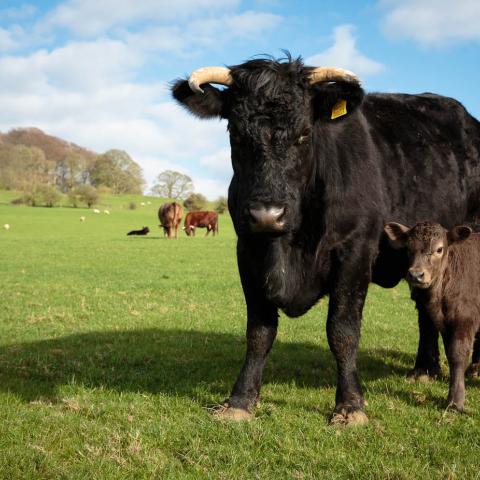
Another key issue for post-Brexit policy is animal welfare. This is something many consumers are concerned will be weakened when we leave the EU. With welfare so high on everyone’s minds, we wish to explore how to tackle this through re-localising meat production. This means that small, local abattoirs are essential to avoid transporting animals long distances and to ensure the abattoir environment is as stress-free and efficient as possible. Yet, as our recent report highlights, the UK is rapidly losing its small abattoirs, with a third having closed over the last decade alone. In order to reverse the commoditisation and industrialisation of meat markets, we must protect our small abattoirs and consider other ways to enable better marketing and shorter supply chains. On-farm slaughter may provide a means for some farmers to guarantee maximum welfare standards and provide a complete local farm-to-fork experience.
Demand for local food, along with high welfare standards, is on the rise in the UK, so we must consider how best to meet this demand in a post-Brexit environment. There are many innovative new ideas, as well as traditional business models, which could all add to a vibrant future local food system in the UK. With companies like Farmdrop joining our discussion, we are sure to make some positive headway in forming a vision for the future of local food systems.
It is a very interesting time for farming in the UK, but a time when positive change is needed. We should be leading in the UK, setting the bar high and providing an example of how to farm sustainably. To do this we need farmers to join the discussion, to formulate policy and influence leaders. So come along to our conference on 27 and 28 April and be part of the drive for change.
Buy tickets to the event here.
Megan Perry writes of herself:
“I grew up in North East Somerset and have always been interested in farming and rural issues. After studying International Politics and Food and Water Security at Aberystwyth University I worked as a lambing assistant on a farm in Devon. I then went on to begin an internship with the Sustainable Food Trust (SFT) and now work full time as Policy and Communications Officer for the SFT. I am responsible for communicating the views and activities of the SFT through our website, newsletter and social media. I also work on our campaign to save small abattoirs and help other members of the team in organising events and developing our policy agenda. I live on a small farm in Somerset where we rear Black Welsh Mountain sheep.”
Photo credits: Header image Christine Page, Smiling Tree Farm. Cows – Steph French
